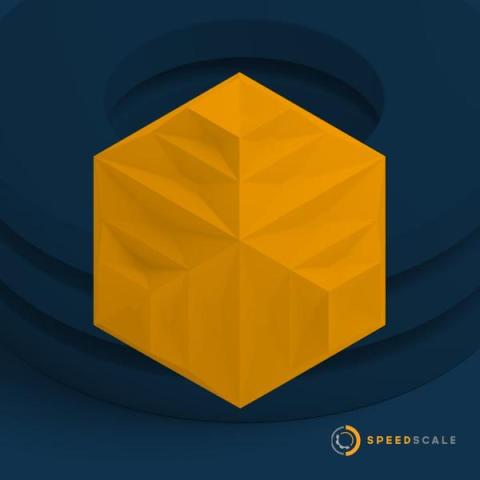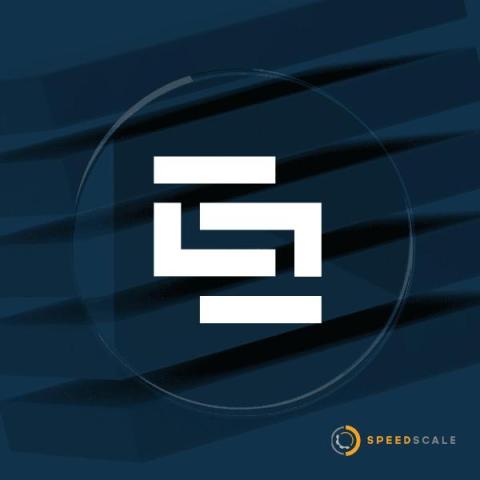Graphql vs GRPC : Key Differences
APIs have never had more connections and requests for data. With variable data types, changing programming languages, and a demand for high performance, even with an increased focus on authentication mechanisms and data security, it’s never been more critical to figure out the efficiency of your systems. Enter GraphQL and gRPC.










